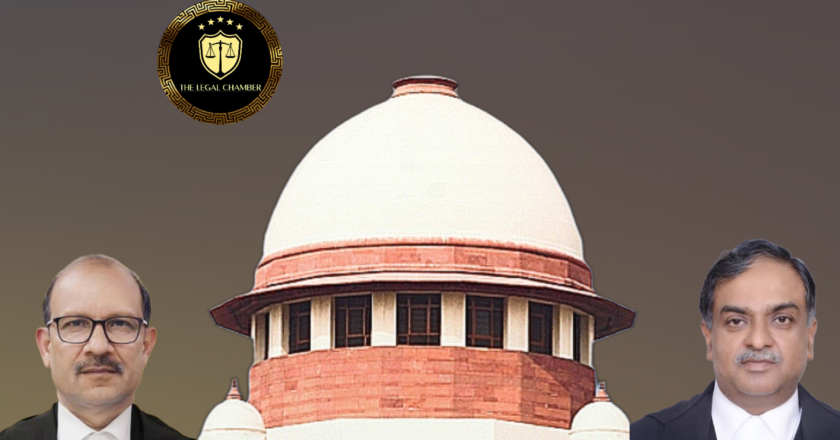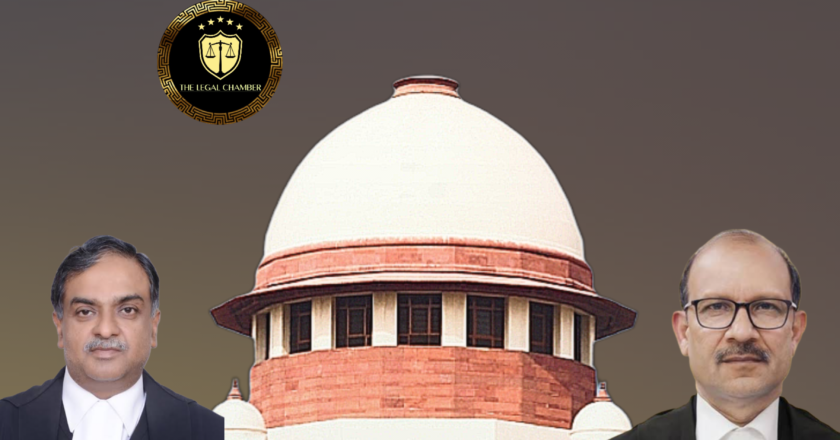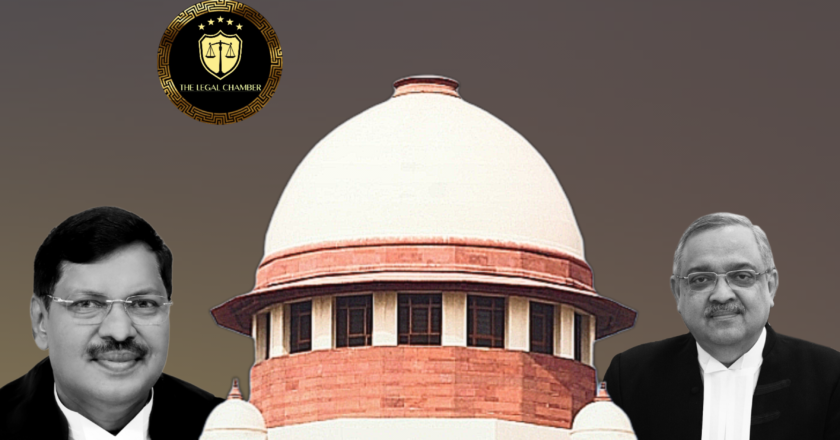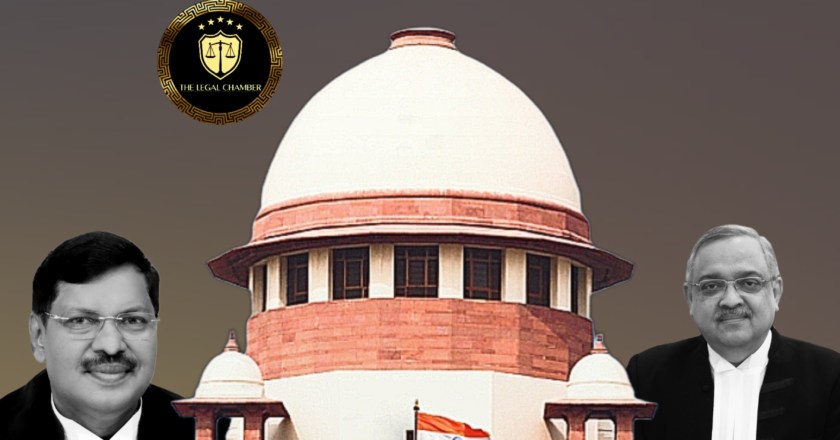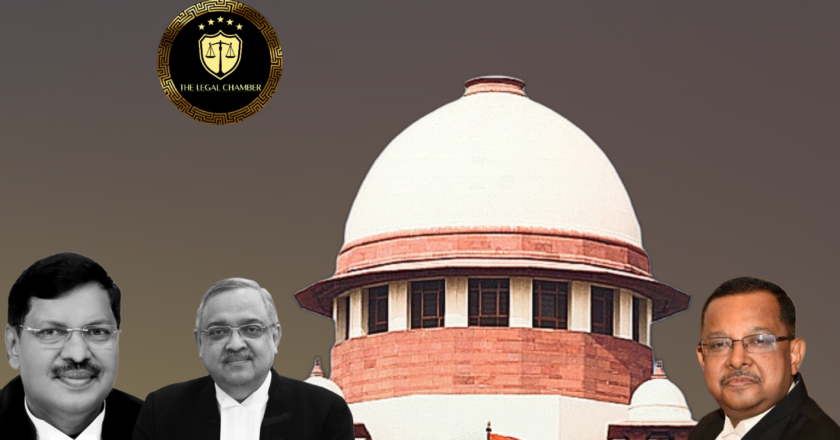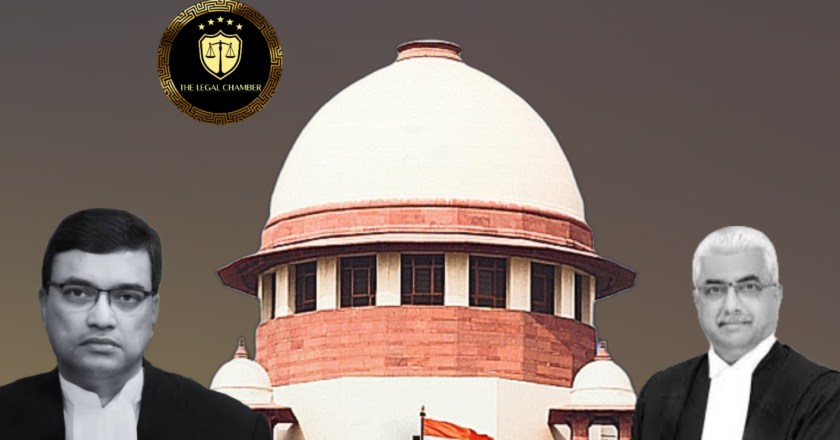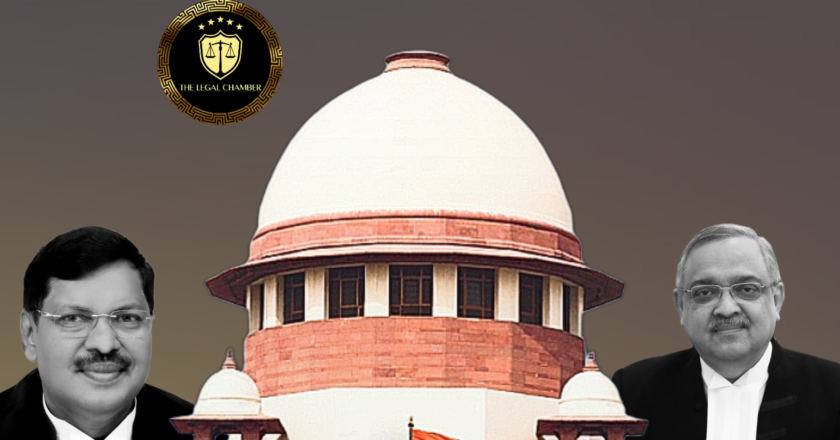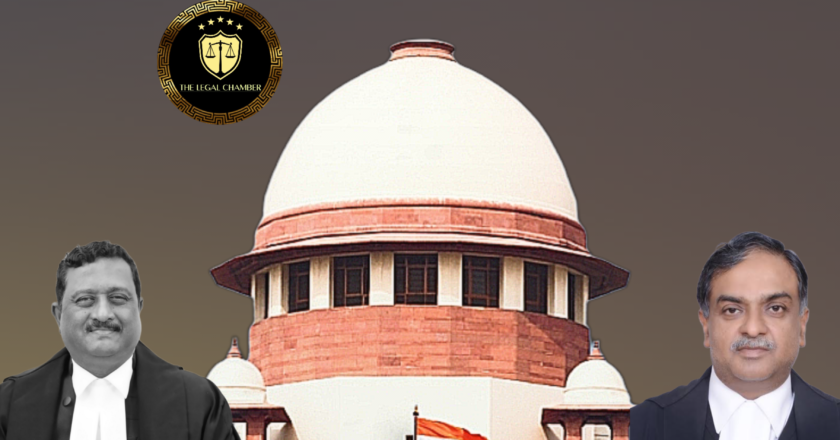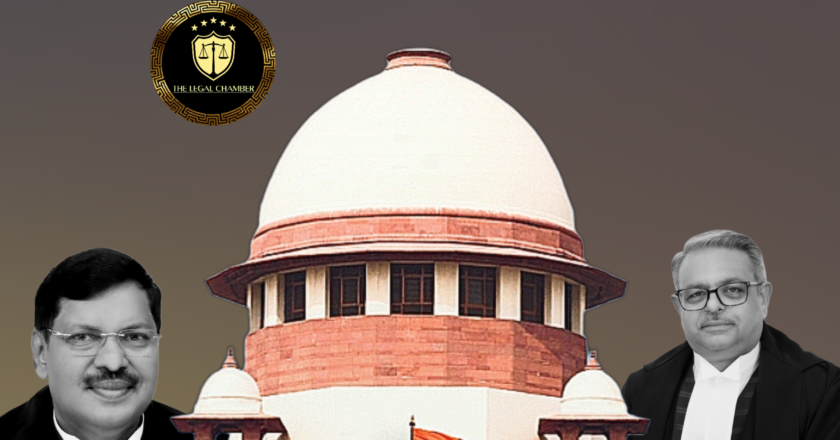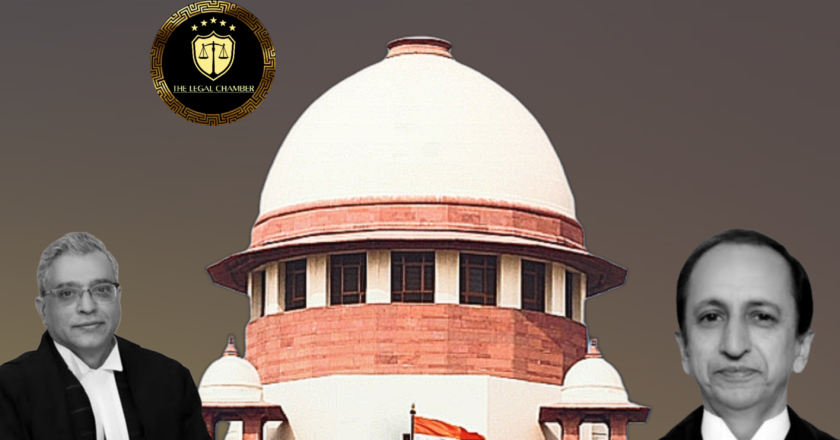Conservation or Cruelty? Supreme Court Steps In to Save Delhi’s Deer From Faulty Relocation Plan
The Supreme Court found prima facie violations of the Wild Life (Protection) Act, 1972, CZA norms, and IUCN translocation guidelines. It directed the Central Empowered Committee to conduct an independent scientific assessment of carrying capacity, post-release survival, and regulatory compliance. The Court prohibited further translocation pending expert evaluation, emphasizing constitutional duties under Articles 48A, 51A(g), and 21.
Facts Of The Case:
The A.N. Jha Deer Park, established in 1968 by the Delhi Development Authority in Hauz Khas, New Delhi, operated as a captive zoo facility under a license issued by the Central Zoo Authority under the Wild Life (Protection) Act, 1972. Despite repeated extensions and warnings, evaluation reports from 2014 to 2022 revealed persistent non-com...
